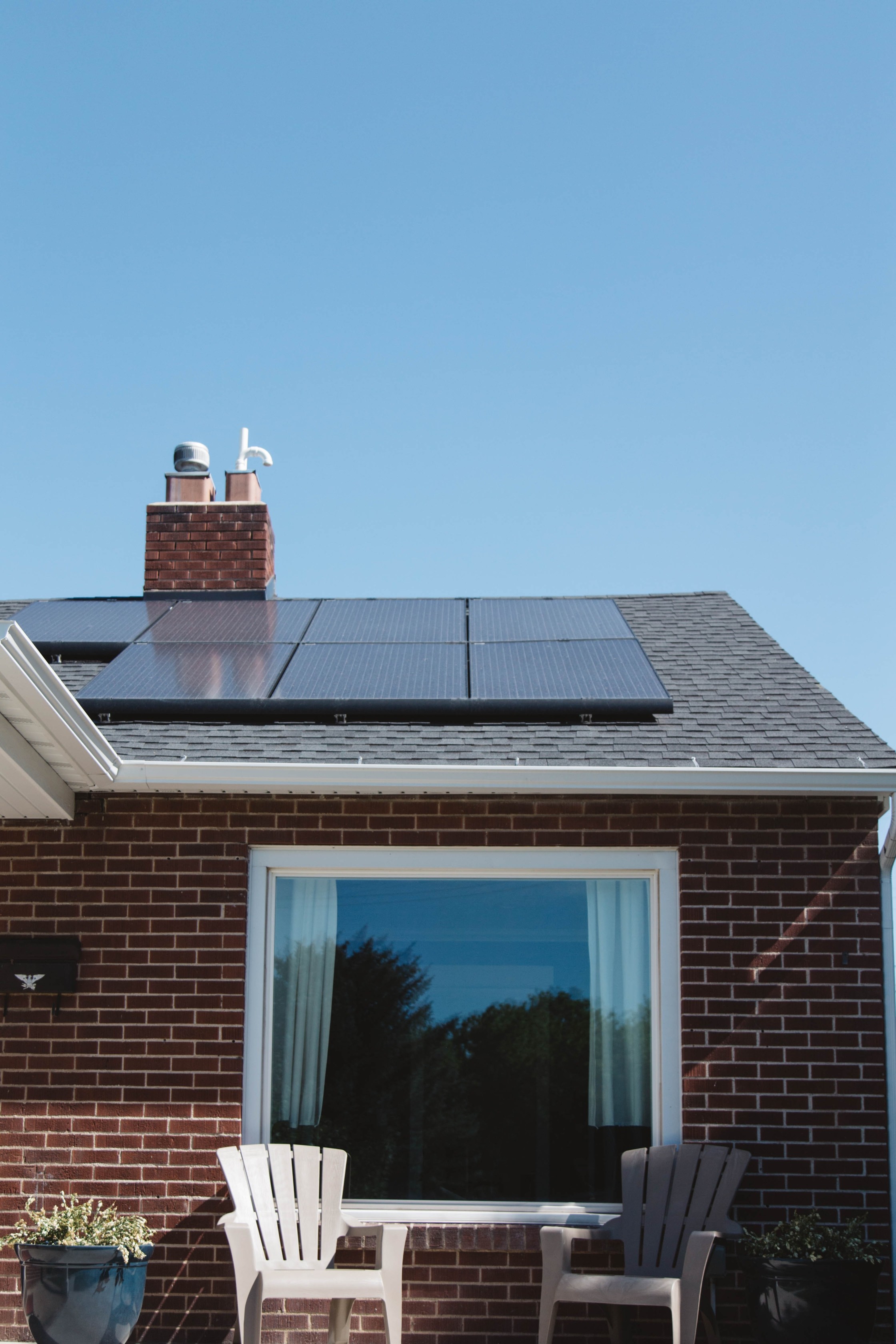
Open HEM now!
With rising energy prices, increasing decentralised energy generation such as solar panels and growing energy consumption, energy management in the home (Home Energy Management) is becoming increasingly important. But what do we get out of this? How much data about our personal energy consumption is collected for this purpose, and what happens to that data without us knowing it? What do the systems we need for this look like, and when is such a system open, fair and inclusive?
The transition to renewable and low-carbon energy sources is accompanied by technological developments and challenges. One of these challenges is the predicted increase in electricity consumption, due to increasing electric driving and heating. The main challenge in this is the 'mismatch' between energy supply and demand. Electricity from renewable sources is produced when the sun shines and the wind blows, but not necessarily when we consume electricity. A Home Energy Management System could help to resolve this mismatch in energy supply and demand.
A Home Energy Management System is connected to the smart meter, which monitors what the energy consumption of appliances in the home is. It can then control these appliances based on information from outside the home and based on preferences. With HEMS, it becomes possible to better match energy supply and consumption. These systems are not yet far developed or widespread. This is the time to safeguard public values in the development of this technology.
Commissioned by the Rijksdienst voor Ondernemend Nederland and Top Sector Energy, Waag Futurelab developed a Public Stack model for home energy management systems: Home Energy Management Systems (HEMS).
For this report, we interviewed a wide range of parties and organised a number of workshops. We then formulated a vision for Home Energy Management Systems based on open standards, open-source technology and energy communities that put public values at the centre.




